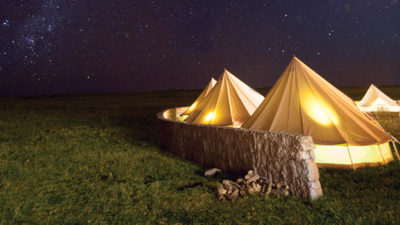So, we’re in the middle of the summer heat. Time to read something to cool down?
Well, maybe. Maybe not. It’s true that I’ve been reading more fiction lately. But I’m reading a wide range of things these days.
Continue on for this month’s list. Along with fiction, I’ve been reading some stuff on activism and practical writing tips…
adrienne maree brown – We Will Not Cancel Us
I found this book equal parts uplifting and frustrating.
Uplifting because brown is clearly dedicated to her task. She shows a sincere interest in building better communities and a better world. She points out genuinely toxic elements of social justice culture and tries to fix them. And I think she does a better job of it than Conflict Is Not Abuse.
We could learn from this book a great deal about how to treat people with care, respect, and understanding.
That said, it’s frustrating in the sense that it repeats all the standard missteps in ultra-progressive and identitarian circles. brown’s book is plagued with utopianism and lacks a basic analysis of society. In ditching capitalism as a fundamental explanatory force, she moves through a meandering and ultimately unfulfilling search for a replacement.
What does that mean for this book? It’s an honest book describing the strengths and weaknesses of activist movements. Mostly activist movements in the realm of what some people call ‘anarcho-liberalism.’ But while brown makes attempts to fix those movements, she fails to address the underlying problem with them: their analysis of society is wrong and unhelpful, and they fail to build around a coalition that could bring meaningful change.
Suzanne Collins – Hunger Games Trilogy (Hunger Games, Catching Fire, Mockingjay)
So, there’s a fifth (and final?) Hunger Games movie coming out in November. Before watching it, I wanted to re-read (and re-watch) the other books and movies.
One great thing about Hunger Games is that the first person perspective of the books lent itself very well to the switch to the big screen. The books explored the psychology of Katniss Everdeen effectively. And then filmmakers broadened the story. They expanded it by taking the perspective of others.
It works. Works great, actually.
However, re-reading the books allowed me to notice a few things I missed the first time around. The books explore in detail the emerging alliance between coal-mining (and mostly white) District 12 and agricultural (and mostly black) District 11. They also develop Haymitch (i.e., Woody Harrelson) especially well.
Ann Handley – Everybody Writes
Ah, another book on how to write.
But not quite! Handley subtitles this one, ‘Your Go-To Guide to Creating Ridiculously Good Content.’
And so, as readers might expect, Handley focuses on writing marketing copy. In effect, the book combines general writing lessons one expects to find with specific lessons for marketing and web-based writing.
On the whole, the book works. Anyone looking to start a blog, write basic marketing copy, and so on will find valuable lessons here. Handley writes the book in the form of brief, snappy lessons readers can quickly grok and implement.
Reconciling good writing with good marketing copy is easier said than done, because two things stand in tension with one another. I don’t think Handley resolves any of these tensions, but rather she stands them next to one another and hopes it works. So, prospective writers will have to navigate these waters carefully.
Emily St. John Mandel – Station Eleven
I read a description of a post-apocalyptic TV show getting rave reviews during the pandemic. Since it sounded like an early attempt at televising Covid, I looked into it. And it turns out it was based on a book.
This book.
And, indeed, the book covers a global pandemic and its aftermath. But the scenario is far, far worse than Covid. In this one, a flu-like virus called the ‘Georgia Flu’ rips through the world’s population, delivering Covid-like symptoms but a catastrophic, 99+% death rate.
The result? The vast majority of the world population dies in a matter of weeks or even days. Civilization collapses: no running water, electricity, Internet, and so on. The few survivors are scattered across tiny settlements throughout the world.
Mandel tells the story well. She follows three main characters – an actor who dies on the night the pandemic hit the U.S., an EMT who tends to him on the scene of this death, and a young girl who is a fellow actor in a play on the day he dies. The story hops through time, covering the actor’s life in his final weeks to the grown girl 20 years later trying to build something new after the collapse of civilization.
It’s already a good story. And it’s a much better story in the Covid era.
